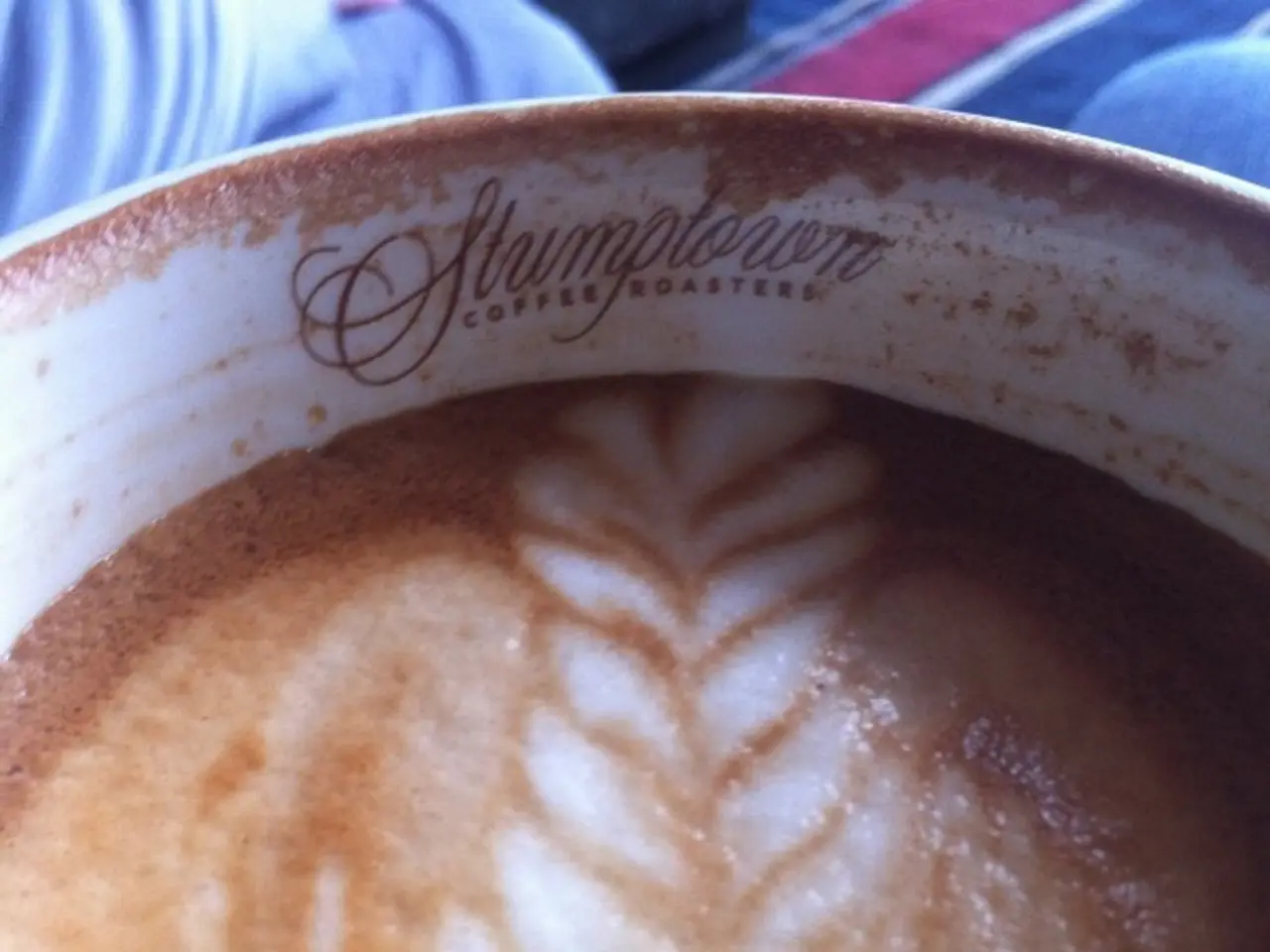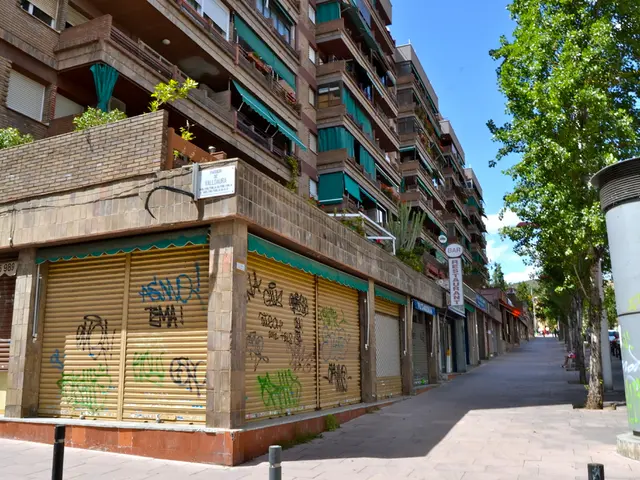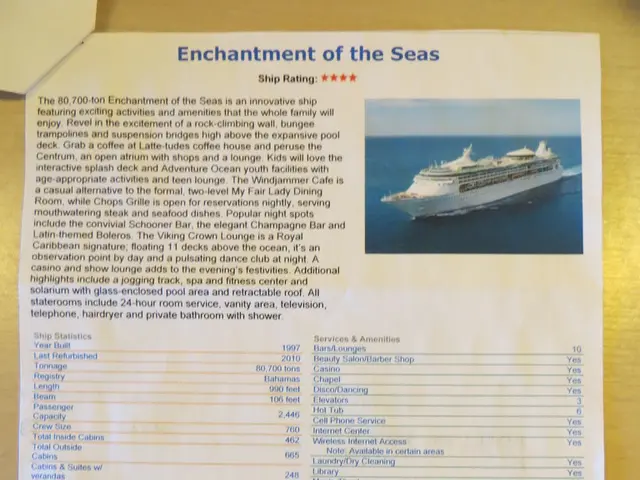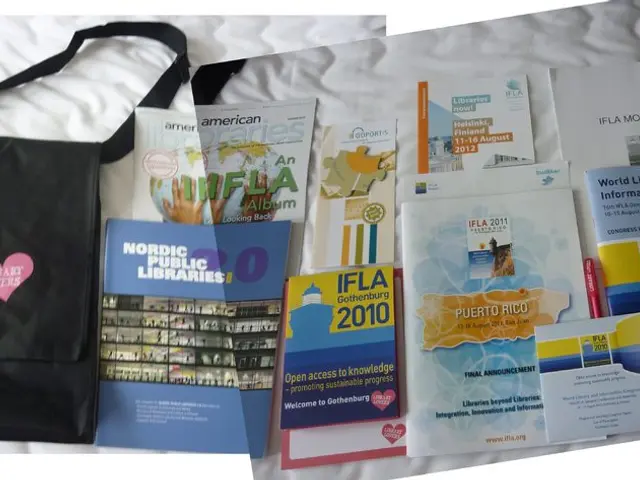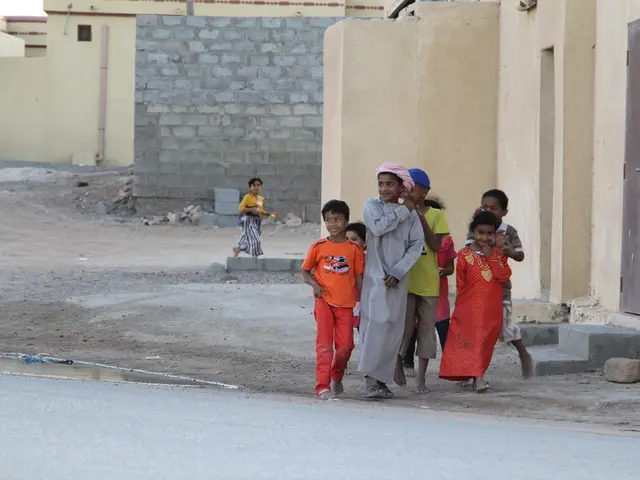Arabic Coffee's Artisanal Revival: From Tradition to Trend
Arabic coffee, once a traditional beverage in the Middle East, is now gaining global recognition. Boutique roasters and specialty cafés are elevating its status, introducing it to younger audiences, and transforming it into an artisanal experience.
Arabic coffee, known as qahwa, has a rich history dating back to the 15th century in Yemen and Ethiopia. It was more than just a drink; it was a symbol of hospitality, heritage, and tradition. The act of brewing and serving carried meaning, with each cup representing welcome, respect, and farewell.
Over time, Arabic coffee became a staple in social gatherings like majlis, weddings, and family visits. However, in recent years, it has started evolving. Dubai's growing Arabic coffee movement is leading this change, refining every aspect from bean selection to brewing techniques. Boutique roasters are experimenting with single-origin Arabic beans, lighter roast profiles, and modern brewing techniques. Today, it is served in trendy cafés, often paired with gourmet desserts.
From a traditional symbol of hospitality to a trendy artisanal experience, Arabic coffee's journey is remarkable. Its evolution reflects a blend of heritage and modernity, making it appealing to both traditionalists and young coffee enthusiasts alike.
